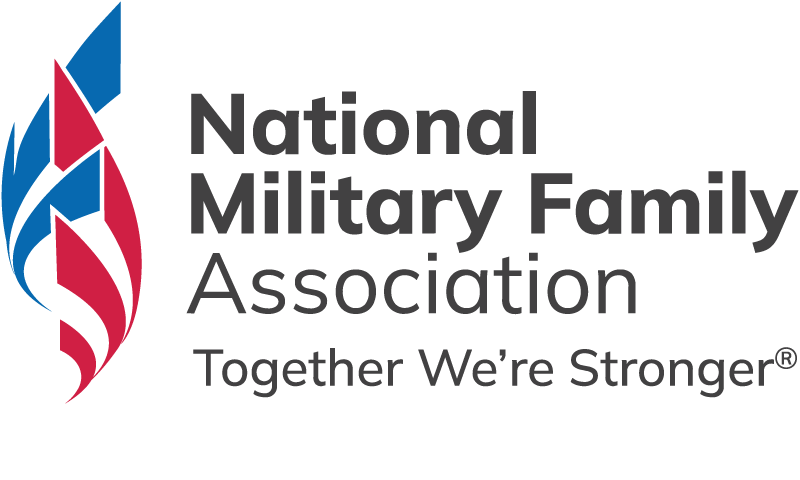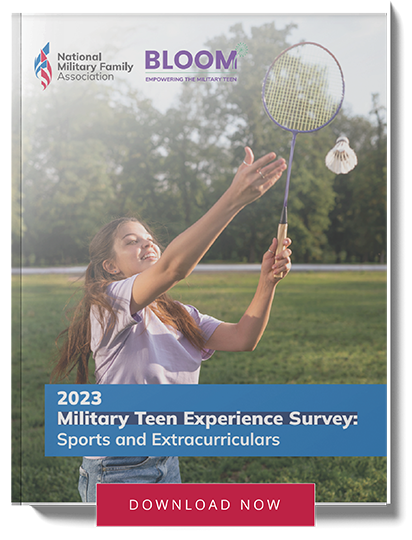The Art and Science of Caring for Young Caregivers
2024 Hidden Helpers Summit

“This is our normal. This is what we do.”
At this year’s Hidden Helpers Summit, caregiver kids were front and center—showing their strength, vulnerability and love for their families.
Of the five Hidden Helpers who shared their stories, all very different, they had a lot of shared experiences. All five:
- have missed a full day of school because of their caregiving duties.
- have turned in assignments late because of their caregiving duties.
- have gone to school tired or distracted because of their caregiving duties.
Despite it all, these young people were clear they didn’t want to be pitied but understood. Several of them didn’t even realize they were caregivers. That’s no surprise when you consider that the post policies and resources the government provides for caregivers don’t apply to anyone 18 or younger.
“We just do it. It’s what we were born to do.”
As Kate Blackburn of Nemours Children’s Health said, “taking care of Hidden Helpers is really an art and not a science.” The National Military Family Association is privileged to be an early and engaged member of the Hidden Helpers Coalition dedicated to mastering both the art and science of caring for these young and inspiring caregivers.
Alongside our coalition work, NMFA provides opportunities for caregiver kids to rest and recharge through our Operation Purple Camps in partnership with Wounded Warrior Project. About 35% of our campers at locations around the country identify as coming from families of wounded, ill, or injured service members. Our campers say a powerful part of the camp experience is spending time with other young people who share their stories. NMFA’s programmatic and coalition work elevates peer support, an essential part of supporting our Hidden Helpers.
In our work toward taking the “hidden” out of Hidden Helpers, here’s what these brave and big-hearted youth want America to know about caregiving and loss:
“It’s not a burden.”
“They’re great people. It’s terrible these things happened. But they didn’t have a choice. And neither did we. Try to understand how it effects caregivers and helpers.”
“Figure out the kids themselves– how they stand in their story and how they want to share it.”
“Identify. Help the families understand they are caregivers.”
Big thank you to Elizabeth Dole Foundation, Joining Forces, Wounded Warrior Project, and our other fellow coalition members for helping us shine a light on Hidden Helpers.
Join us in encouraging families and support providers to explore the Military & Veteran Family Resource Hub launched at the Summit.





